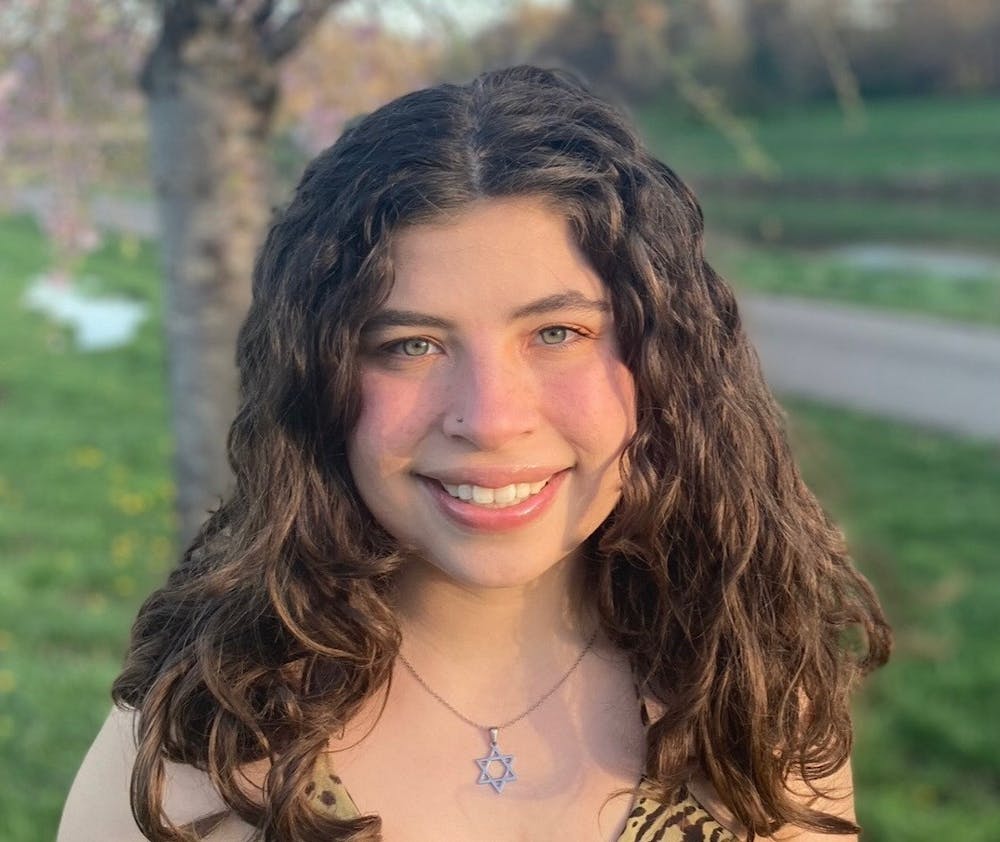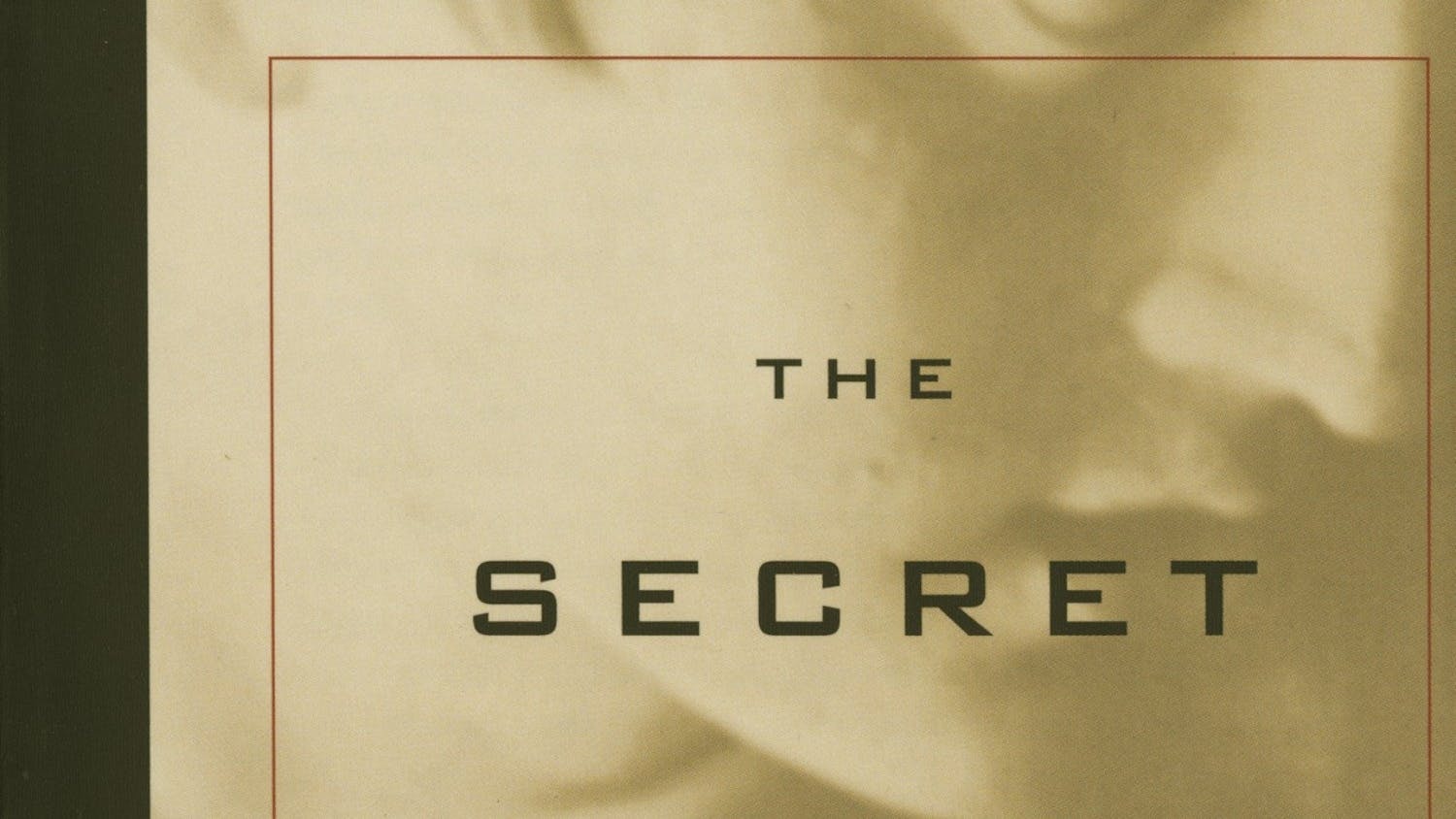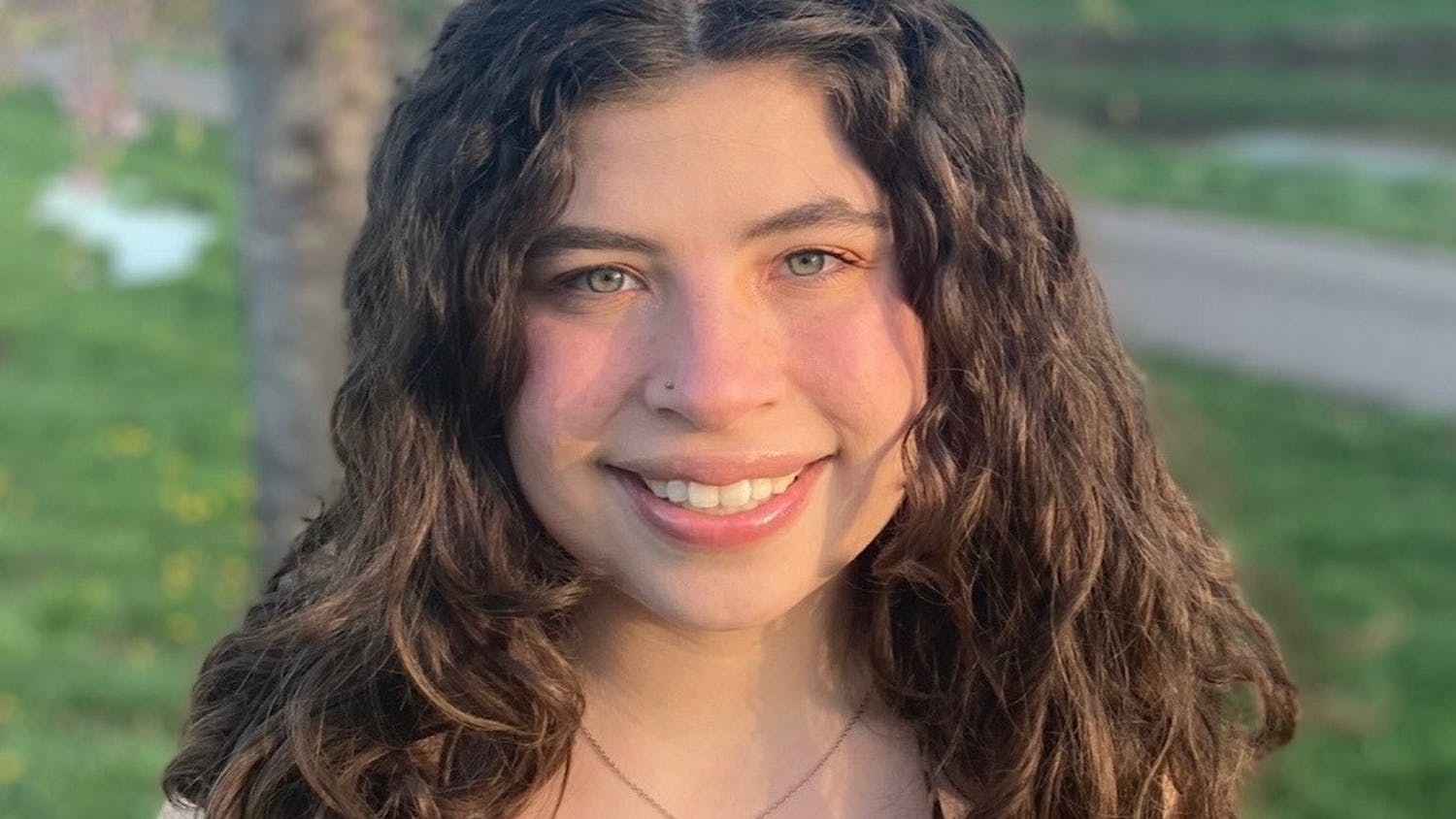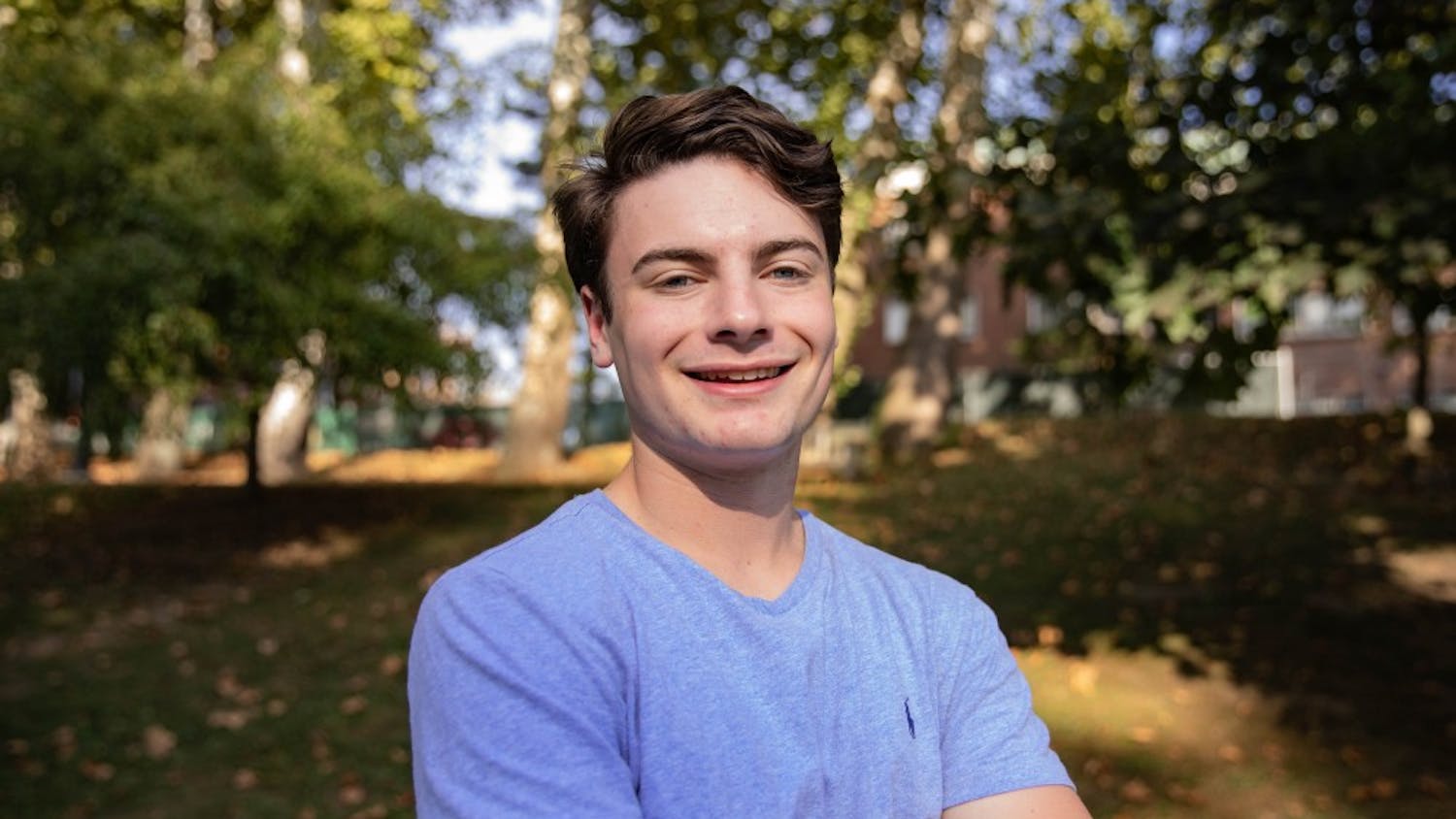Put yourself in my shoes for a moment. Imagine that you have a cultural identity that is so dear to you that it is the most important part of your life. You have jewelry and clothing that signifies it, decorations in your home for it, and you are always reading and learning about it. This cultural identity, however, is shared by a very small percentage of the campus community, and shared by an even smaller percentage worldwide. Thus, you spend a large amount of time interacting with people who just don’t understand this part of your life, and it’s exhausting. Connecting with others isn’t impossible, but it does mean that a lot of the things you say, do or think are markedly different from those around you. Your day-to-day interactions either have to be filtered so that you don’t confuse everyone, or they require a massive amount of educating others. And, either way, no one will really get it because they’re not in it.
This scenario probably sounds similar to some of your own experiences. Maybe it's your heritage that's different, maybe you’re in Greek life, maybe you have a niche interest. For me, this experience is based on my Judaism. As someone who has been observing Jewish customs all my life, it only makes sense that this identity would seep into everything, even seemingly mundane daily practices.
Because of this, sometimes I do or say things that are unfamiliar to non-Jews, which leads me to either educate them or avoid doing that thing in the presence of others. For example, when something good happens, I say “Baruch HaShem,” a Hebrew phrase which means “thank god.” But, if I’m around people who are unfamiliar with the phrase, I would either have to explain the meaning and why I’m thanking god, or just say “thank god.” This way of life is utterly draining, and it is absolutely necessary for me to spend time among those who will understand so I don’t get burnt out.
I cherish the time I get to spend among other Jewish people. It is certainly the most precious time of my week. It’s a time where I can just be myself. No explaining, no filtering myself. Just my friends and I doing and talking about things we care about that we can’t really do or say anywhere else on campus, like the upcoming high holidays, which are an imperative part of Jewish practice. Among other Jewish students, I can discuss whether or not we’re going home, which parts we’re looking forward to, the food we’re most excited to eat. But that conversation becomes unintelligible to others. Most of the time, the experience of being with those who understand this part of my life is heavenly. It’s relaxing, fulfilling and energizing. But sometimes that all comes crashing down.
The spoiling of this time happens when non-Jews arrive to “explore” or “observe” what we’re doing. It is an uncomfortable feeling, to be watched when you’re feeling so open and vulnerable. It makes me feel like a zoo animal. I understand that people want to learn and be educated, but some things have to be kept sacred. My mental well-being relies on those precious moments of total understanding and acceptance and to have that unceremoniously ripped away from me is even more taxing on my mental health.
This is not to say that I am unwilling to educate others, I am simply saying that no group should have to be on teaching-mode 24/7. I am so tired of explaining things that, when I do get time for cultural observance with other Jews, the last thing I want is to educate. It is simply too high of a standard to be held to, to always be ready to explain everything that I do.
I know this may sound harsh, but I am feeling a bit at the end of my rope here. Please don’t observe my observance. I am not some sort of exhibit on my culture. Jewish educators are available most days of the week to answer questions, so there’s really no need to attend a practice unless you are specifically invited. Let me have the space I need to be my authentic self.
Hadass Galili is a senior studying political science pre-law at Ohio University. Please note that the views and opinions of the columnist do not reflect those of The Post. Do you agree? Tell Hadass by tweeting her at @HadassGalili.






